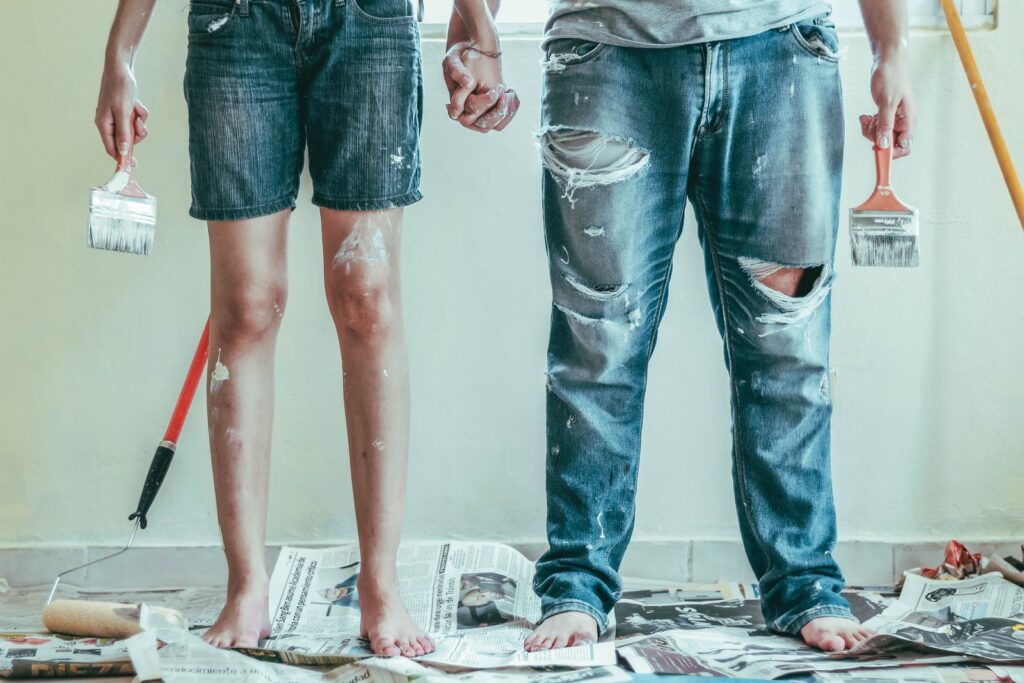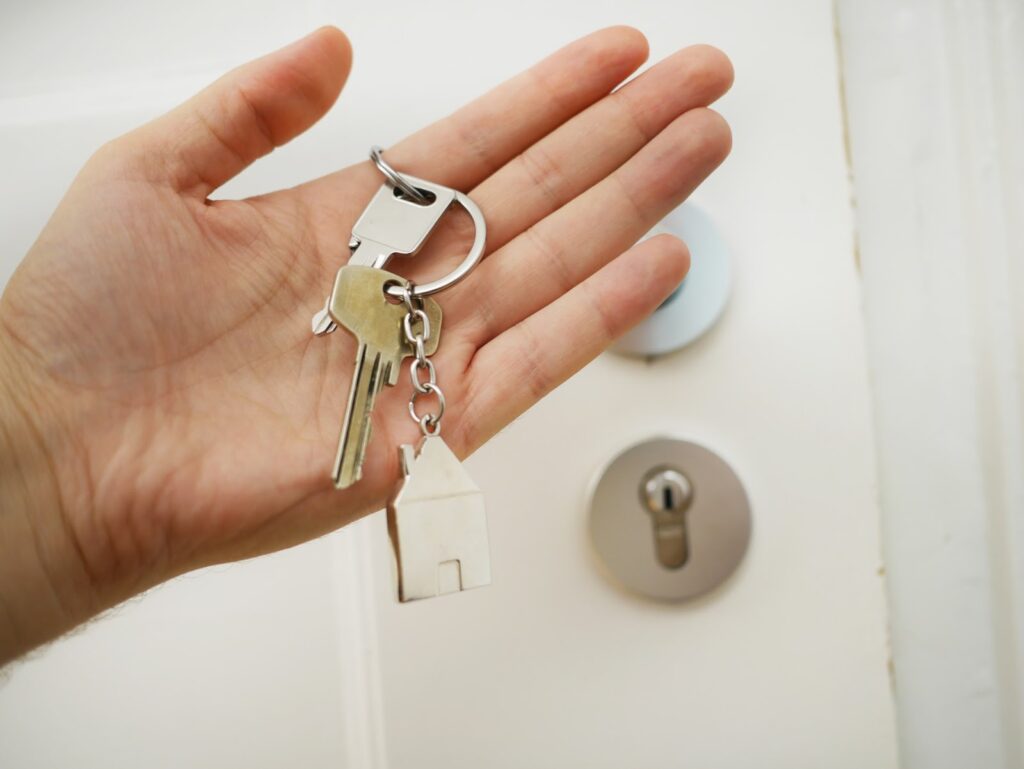Everything you need to know before purchasing your first home
So you want to buy a house but are confused about where to start? You might have gone through other blogs and articles related to ‘the first home buyers guide’ – but are you still struggling to understand the home buying process and the related real estate terminology?
VDA Finance and Capital has prepared this blog incorporating key details related to purchasing your first home to help you better understand the properties and make a decision.

Set a budget for your first home
The first and the key step is to get your finances sorted. Identify how much you can afford to save for your deposit. Before checking a property, you must ensure that your financial position is reasonable enough to aim for a property. The best option for someone new can be to speak to a lender or mortgage broker. They will advise you on how much you will need for the deposit on the property you want. This can give you a goal to aim towards.
Put yourself through a test before determining your financial limits. No matter how secure we think we are today, the future is uncertain. For instance, there might be a sudden rise/ increase in interest rates. Being prepared for the worst can help you land safely if or when something goes wrong.
Cost to buy a home?
The property cost is just one aspect of costs related to house purchase. Some other key expenses include,
- LMI
- Insurance
- Stamp duty
- Building inspection
- Legal/ Conveyancing fees
- Mortgage or loan application fees
- Utility connection
The costs associated with all the above are different from one state and territory to the other. Even within the same state and territory, the overall Expenses also depend on the area you want to buy in, type of property, and home loan type, among others.
Possible financial assistance for your first home
First home buyers might be able to take advantage of the State/ Government grants, schemes to save deposits if they are eligible for them. It all depends on the state and property of your interest.

First Home Owner Grant
You might have heard about ‘First Home Owner Grant(FHOG)’. To be eligible for this grant, you must be aged 18 or over, be a permanent resident, plan to live in your newly purchased home for at least 12 months, and have never previously owned a home in Australia.
Stamp Duty Concessions
When buying a home, you are likely to pay a land transfer duty, also known as the Stamp Duty. You may be eligible for more than one exemption, concession, or reduction from stamp duty.
For example, In Victoria, you won’t have to pay any stamp duty if your first home property is valued at less than $600,000. The Properties valued between $600,000 and $750,000 can also receive a concessional rate of stamp duty for First Home Owners. A concession is applied by deducting (a set of) amounts from the usual rate of stamp duty for the owners. To find out whether you are eligible for Stamp Duty exemption, visit the relevant government website in your jurisdiction, or speak to your mortgage broker.
First Home Super Saver Scheme
Introduced in 2017- 2018, the First Home Super Saver Scheme is yet another government scheme that can help first home buyers to reduce financial pressure on housing affordability. You can apply for the scheme if you are a first home buyer, live on the premises you are buying, or intend to live for at least six months within the first 12 months you own it.
Credit Score and Credit reports
Your loan approval might be affected by your repayment history, also known as a credit report, mainly if it highlights financial issues from your past. There might be chances where some reject or delay the process. Talking to your financial advisor could be worthwhile in these kinds of circumstances.
Find the best Home Loan Rate
If you are looking for the best deal on a home loan, then the interest rate matters. Even a slight difference in the interest rate can save or cost you thousands of dollars over time. You can always decide to get a mortgage broker to find the best loan option for you. A good mortgage broker works with you to understand your needs and calculates what you can afford to borrow. They can explain how each loan works and what it might cost you. They can apply for loans and manage the process through to settlement, advising you through all logistics involved, step-by-step. It can just take around 10 minutes for a mortgage broker to know whether the mortgage is possible for you or not. However, a bank may take a couple of hours on appointments and merely take you through their mortgage processes.
Research your future home
Remember to balance between the lifestyle you wish to have and your financial health. Your first home forms the foundation of your journey – so it is vital to choose the right house that meets your needs and budget. Location is everything – you need to figure out where and what. Focus on the essentials and the features you must have. How far are you willing to live from your work, family, friends? Would you renovate? What is the crime rate around the area?
Being clear about your needs for the house helps you narrow down your property search. Also, don’t forget to stick to your price ranges. Attend property auctions and browse through real estate sites for more options and offers.
Get ready to buy
Shortlist some suitable properties and inspect them – consider bringing someone for a second opinion. If you plan to buy at an auction, you need to arrange a pre-approved loan. Develop a strategy for bidding at an auction. And most importantly, don’t forget to understand your cooling-off right (The cooling-off period gives you time to consider the offer where you can decline the offer if you feel like it). There is no cooling-off period if you buy it at an auction, so you must expect to pay the deposit immediately. Buying privately requires you to pay the deposit amount when you need to pay it. There will be a short cooling-off period in most states.
If you are a qualified engineer, builder, or architect, you can carry on with the inspection by yourself. If not, then going through building inspection and pest inspection is very important. Make sure you get the inspection report beforehand in case you are buying from an auction.

It is imperative to do your research and take things a step at a time. While it can be challenging to keep your emotions and stress levels in check, you need to make a careful, informed decision. After all, it is a hefty investment from your savings.If you want to know more about Home buying processes or compare interest rates, visit our blog section for more information or get in touch with our specialist mortgage brokers at VDA Finance and Capital.
